By Abe Lenoch, 1000 Friends of Wisconsin
 1000 Friends of Wisconsin was awarded a U.S. Forest Service Great Lakes Restoration Initiative (GLRI) grant to plant 350 trees across four Green Tier Legacy Communities (GTLC) in 2018. The GLRI grant program, through USFS, intends to improve Great Lakes water quality by restoring, protecting, and maintaining Great Lakes ecosystems. 1000 Friends partnered with four GTLC’s Ashland, Bayside, Oshkosh and Sheboygan and the Wisconsin DNR Urban Forests Program.
1000 Friends of Wisconsin was awarded a U.S. Forest Service Great Lakes Restoration Initiative (GLRI) grant to plant 350 trees across four Green Tier Legacy Communities (GTLC) in 2018. The GLRI grant program, through USFS, intends to improve Great Lakes water quality by restoring, protecting, and maintaining Great Lakes ecosystems. 1000 Friends partnered with four GTLC’s Ashland, Bayside, Oshkosh and Sheboygan and the Wisconsin DNR Urban Forests Program.
During the 2019 and 2020 growing seasons a total of 371 trees were planted. Each community bought and planted the trees, followed by an in-kind inspection from the DNR’s Urban Forest Regional Coordinator covering the respective GTLC’s. The increase in urban forest canopy helps to avoid roughly 21,889 gallons of stormwater runoff across all four GTLC’s. The trees were all planted on public property, mostly in right-of-ways, but the City of Ashland gave their trees a lakeside view and put them on the front lines of water quality defense by planting 34 trees in Bayview Park.
Continue reading “Wisconsin nonprofit plants 371 trees with GLRI grant funding”

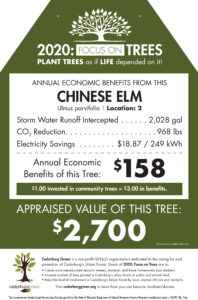 “We have 6,715 street trees as of July 2020,” reported Kevin Westphal, Cedarburg Forester. “Totaling 70,000 diameter inches, the appraised value of Cedarburg’s street trees, based on CPI, is $10.5 million,” he continued.
“We have 6,715 street trees as of July 2020,” reported Kevin Westphal, Cedarburg Forester. “Totaling 70,000 diameter inches, the appraised value of Cedarburg’s street trees, based on CPI, is $10.5 million,” he continued. 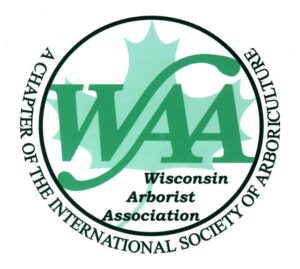 Wisconsin Arborist Association presents the 2020 Summer/Fall Seminar, seen directly from your home or office, for six days (two days per week for three weeks) between September 29 – October 15, 2020.
Wisconsin Arborist Association presents the 2020 Summer/Fall Seminar, seen directly from your home or office, for six days (two days per week for three weeks) between September 29 – October 15, 2020.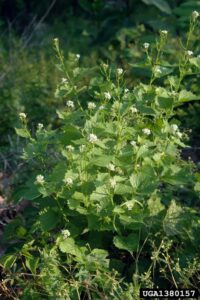
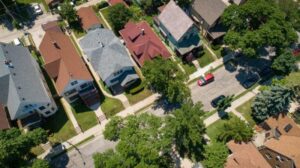 Cities, villages, towns, counties, tribes and 501(c)(3) nonprofit organizations in, or conducting their project in, Wisconsin are encouraged to apply for a regular or startup 2021 Department of Natural Resources Urban Forestry Grant! The grants range from $1,000 to $25,000, and grant recipients must match each grant dollar for dollar. A startup grant of up to $5,000 is available for communities that want to start or restart a community forestry program. Grants are awarded to projects that align with state and national goals for increasing the urban forest canopy and the benefits it provides. Also available this grant cycle is an additional $175,000 in federal funding to be used for ash tree removals and replacements. EAB treatment will not be funded with these additional monies. Applications can be submitted starting July 1, 2020 until October 1, 2020.
Cities, villages, towns, counties, tribes and 501(c)(3) nonprofit organizations in, or conducting their project in, Wisconsin are encouraged to apply for a regular or startup 2021 Department of Natural Resources Urban Forestry Grant! The grants range from $1,000 to $25,000, and grant recipients must match each grant dollar for dollar. A startup grant of up to $5,000 is available for communities that want to start or restart a community forestry program. Grants are awarded to projects that align with state and national goals for increasing the urban forest canopy and the benefits it provides. Also available this grant cycle is an additional $175,000 in federal funding to be used for ash tree removals and replacements. EAB treatment will not be funded with these additional monies. Applications can be submitted starting July 1, 2020 until October 1, 2020.
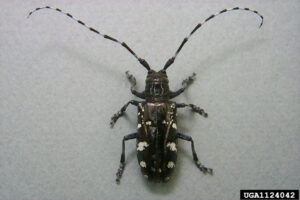
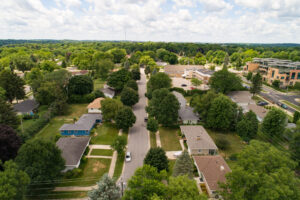 We want to give you a heads-up and urge you to fill out a survey that may be coming your way.
We want to give you a heads-up and urge you to fill out a survey that may be coming your way.